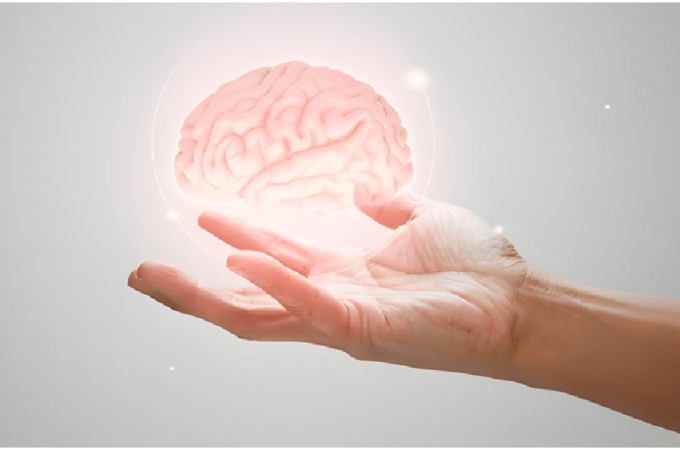
How AI is Transforming Medical Documentation Without Replacing Physicians (H1)
One interesting aspect is that the healthcare landscape is a rather active and changing industry due to multiple new technologies and ideas. In the last five years, the most revolutionary change has been witnessed in medical scribing and documentation. Workflow advancements have again been as meaningful as they included virtual scribes, dictation solutions, or AI-taught models meant to enhance the processes that relate to patient care.
Lately, advanced intelligent devices in the healthcare space have opened up a new realm of revolutionized medical note-writing. These technologies are highly relevant to the day-to-day operating hours of the healthcare professional or the caregiver.
AI as a Support, Not a Replacement in the Healthcare Ecosystem (H2)
On the other front, AI has replaced human jobs but when it comes to healthcare, the usage has only been mostly supportive and more of an extra helping hand. Its role in mundane and clerical tasks has been immense, allowing ample time to focus on the empathetic relationship between the healthcare providers and the patient.
Modern-trained medical AI platforms are advanced, and mainly used in large health agencies, hospitals, and emergency departments.
Even predictive and preventive care options are being integrated through these advanced technologies to offer trend and risk perspectives of patients. However, AI tools for healthcare are intended to assist providers in making medical calls instead of replacing the process of human decision-making.

Assistance of AI in Healthcare (H3)
While incorporating AI technology in healthcare, it must be kept in mind that all technology must be both functional and easy to use. Unfavorable system implementations could erode care quality and this has been evidenced by large-scale implementation of complex systems such as EHRs.
AI-based approaches like initiatives taken up by Innovaccer are making this possible because while the AI will take care of the repetitive work of getting notes, physicians can devote their energy to the time that they are spending with the patients, making sure to be empathetic and attentive to what the patient is going through. These technologies help to remove such unconstructive tasks allowing the physician to work again in a more productive manner away from the computer screen, focusing more on the interpersonal level.
COVID-19 was man’s reminder of one vital aspect that AI in healthcare can do to provide physicians with time to emotionally connect with their patients. Rather than creating systems to outperform human doctors in terms of diagnosing diseases, the future of AI in healthcare is about supporting doctors in performing their tasks in a much better manner with the concern of the patient at the forefront.




